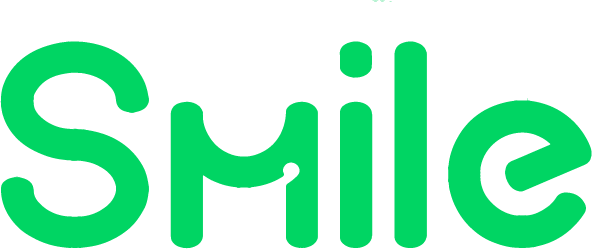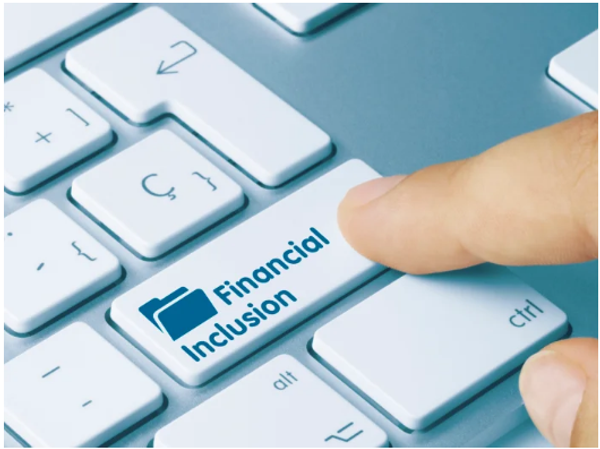Are you one of many who remain to be underserved in the financial services industry? Are you still deemed by traditional banks and other financial institutions as a high-risk borrower even if you could be earning more than their regular employees?
Chances are you have a decent source—or sources of income, but lacks proof-of-income. This experience is commonly heard among freelancers, gig workers and MSMEs or Micro, Small and Medium Enterprises. The missing link? Data! The availability of actual business transaction data or financial history to be exact.
For instance, you might be successful in doing part-time or gig economy jobs maybe as a ride-share or food delivery driver, personal shopper, freelance writer, or tasker but if you can't share those data of your side-hustles or sidelines as actual proof of income, then asserting them by word of mouth or by letter won't mean a thing to banks and other lenders.
That is why even with the emergence of Open Banking or "Open Bank Data" in the past few years, it hardly had any impact in making the unbanked or underserved eligible for the newly created financial products and services since they don't have banking data to connect to.
Enter Open Finance
In addressing the challenges faced by the greater unbanked and underserved populations in emerging economies like the Philippines, monetary authorities in different nations are looking into Open Finance as a key avenue for better financial inclusion.
So what is Open Finance? Open Finance is a whole new ballgame in the financial services industry introducing a more holistic practice than its predecessor Open Banking since it deals with "finance data" as a whole and not just "bank data".
Open Finance is deemed beneficial to the marginalized sector like the self employed, those working in family workshops, the jeepney drivers, rural workers like fisherfolks and farmers. It will enable them to share their financial history contained in the e-commerce and delivery platforms they use including within wallet apps they get paid through or remit money from.
Rules of Play Set for Open Finance
In the Philippines, Open Finance has been gaining traction. In fact the country's central bank or Bangko Sentral ng Pilipinas (BSP) is now implementing its Open Finance framework through its initiative Open Finance Oversight Committee (OFOC) which recently gained support from the World Bank and the International Finance Corporation (IFC).
Launched last June, BSP's Open Finance framework encourages "consent-driven data portability, interoperability, and collaborative partnerships among financial institutions and third-party providers (TPPs)".
BSP's leadership maintains that customers and consumers should have full control in the granting of access to their financial data since they are the owners of their transaction data. And as the sharing of consumer data improves within the community of financial institutions and TPPs, the BSP expects that industry players could tailor fit financial products and services for the underserved and marginalized.
Among the wide variety of services that could be customized for the underserved include but not limited to: credit, investments, insurance, savings systems, pension funds, and private mortgages.
In setting its own standards and procedures, the OFOC is tasked to promote a “non-discriminatory membership” approach in order to cover all relevant sectors such as banks, non-bank financial institutions, electronic money issuers and operators of payment systems.
The central bank also plans to implement its framework with a tiered approach based on data sensitivity, types of data, and categories of data holders.
Both Open Finance and Open Banking are part of BSP’s three-year digital payments transformation roadmap targeting to convert at least 50 per cent of the total volume of retail payments into digital form and to onboard at least 70 per cent of Filipino adults to the financial system.
Smile API as Open Finance Player
Yet the actuality of Open Finance and Open Banking as data sharing models won't become possible without the existence of customized Application Programming Interface (API) that serves as the technology or tool that enables the collaboration of businesses and different financial institutions.
We at Smile API work to provide a reliable information infrastructure focused on Employment Data which involves both Open Banking and Open Finance, or we can even say "Open Everything" – in the context of user-authorized sharing and access to personal financial data.
Our API is designed to automate data exchange methods, processes and workflows at much less cost, and even providing better consumer experiences, enabling faster and more engaging transactions than traditional means.
As proof of our API's potential, diversified conglomerate CreditEase and tech investor Plug and Play have backed our efforts in enhancing our information infrastructure that interconnects data from businesses, workers, banks and fintech firms to our digital platform which both investors consider as the first of its kind in the Asia Pacific (APAC) Region.
The Smile API platform allows user-authorized access to valuable employment and income data from HR, payroll, e-commerce, and marketplace platforms through a single API.
Interested in finding out more? Are you a fintech or bank that wants to use employment and income data for your financial products? Contact us today!



